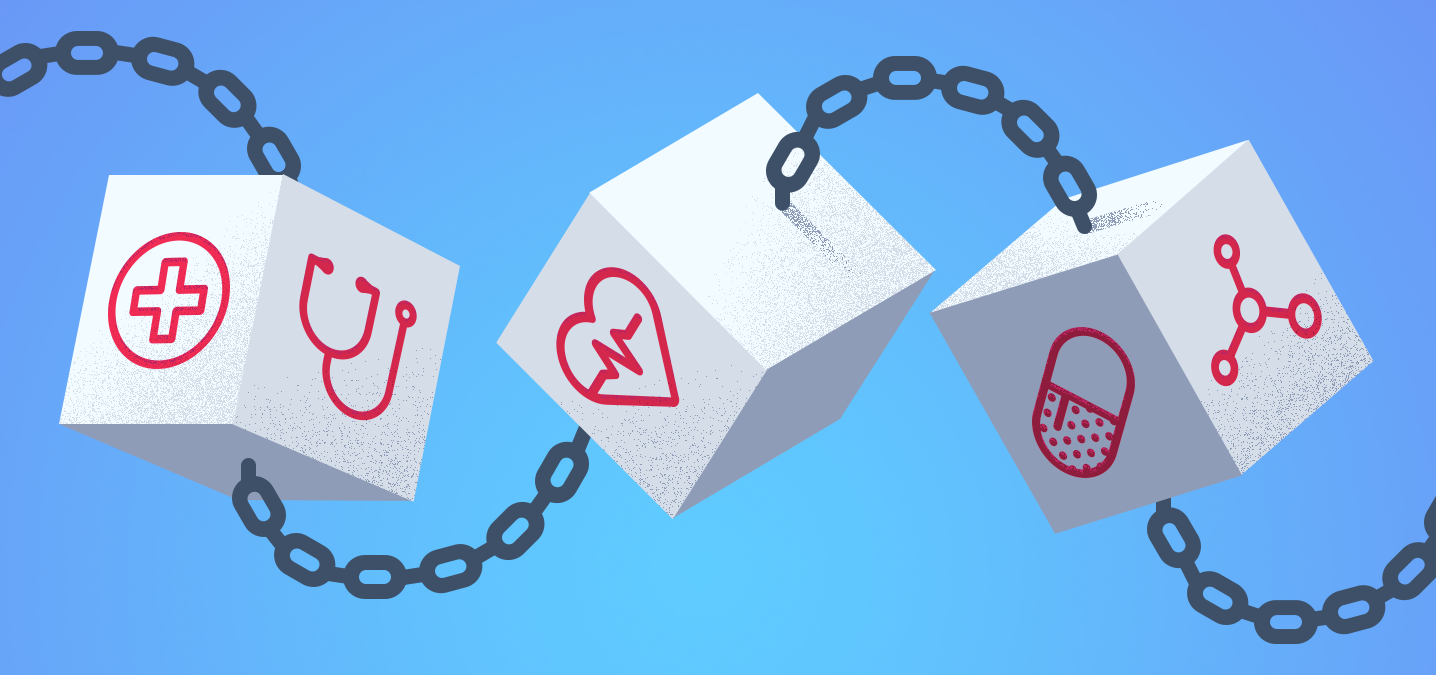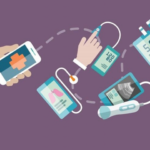Blockchain technology has revolutionized various industries over the years, and healthcare is no exception. It is an open, distributed ledger that records transactions in a secure and verifiable way. It has the potential to speed up patient care, increase efficiency, and improve patient outcomes. In this blog, we will explore how blockchain could speed up patient care.
Firstly, blockchain technology provides a secure and decentralized platform for storing and sharing patient information. This means that patient data can be accessed by authorized healthcare providers anytime, anywhere, without the need for intermediaries. This eliminates the need for time-consuming paperwork. It ensures that the patient’s medical history is always up to date, which could speed up diagnosis and treatment.
Secondly, blockchain technology enables the secure sharing of patient data between different healthcare providers. Currently, patient data is stored in silos, and healthcare providers must request access to the data each time they need it. This can lead to delays in treatment and even misdiagnosis. Blockchain enables different healthcare providers to securely and instantaneously share patient data, providing a more comprehensive view of the patient’s medical history and reducing the risk of medical errors.
Thirdly, blockchain technology can streamline the clinical trial process. Clinical trials are essential to develop new treatments and therapies, but the process is slow and expensive. Blockchain enables the secure and transparent storage of trial data, allowing researchers to access the data in real-time, thus reducing the time and cost of the trial.
Fourthly, blockchain technology can improve the supply chain management of pharmaceuticals and medical devices. The pharmaceutical supply chain is complex and involves multiple intermediaries, which can lead to counterfeit products entering the market.
Blockchain technology can provide end-to-end traceability of drugs and medical devices, reducing the risk of counterfeit products entering the market and ensuring that patients receive authentic products.
Lastly, blockchain technology can facilitate the payment process between healthcare providers and insurers. Currently, the payment process is complex and time-consuming, with multiple intermediaries involved. With blockchain, payment transactions can be executed instantaneously, reducing the administrative burden on healthcare providers and insurers and improving cash flow.
Blockchain technology has the potential to transform the healthcare industry, speed up patient care, and improve patient outcomes. However, the adoption of blockchain technology in healthcare requires collaboration between different stakeholders, including healthcare providers, regulators, and technology providers.
If implemented correctly, blockchain technology could usher in a new era of healthcare, where patient care is more efficient, secure, and transparent.
















Leave a comment